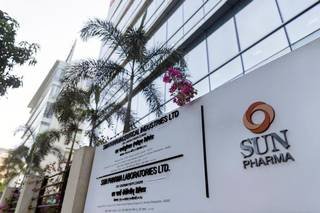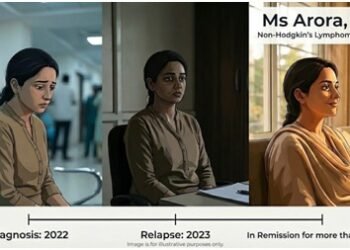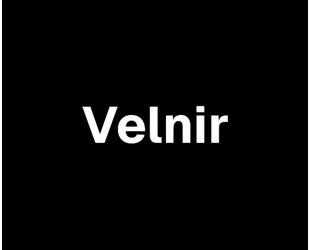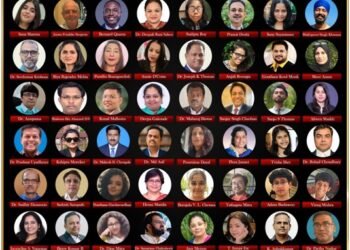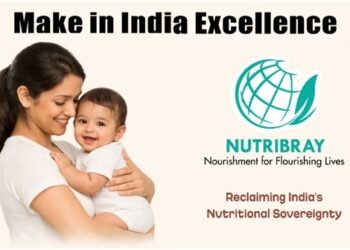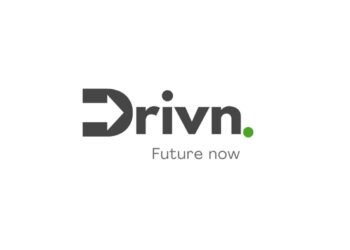This ruling serves as an essential reminder for companies in the pharmaceutical sector to clearly delineate promotional expenses and adhere to evolving regulatory guidelines.
MUMBAI (India CSR): In a significant tax ruling, the Income Tax Appellate Tribunal (ITAT) in Ahmedabad has upheld the disallowance of over Rs 9.81 crore claimed by Sun Pharma Laboratories Ltd. for expenses related to promotional activities aimed at doctors. The judgment pertains to the assessment year 2014-15, where Sun Pharma’s expenses, including accommodation, conference fees, and other promotional activities directed at medical practitioners, came under scrutiny by tax authorities.
Background of the Case
Sun Pharma’s promotional expenses were assessed under Section 37(1) of the Income Tax Act, 1961. The scrutiny included various costs such as sponsorships for conferences, gifts, medical equipment, travel, and hospitality for doctors. The tax authorities argued that these expenses amounted to prohibited freebies under the guidelines of the Medical Council of India (MCI), which has since been replaced by the National Medical Commission (NMC). According to the Central Board of Direct Taxes (CBDT) circular, such expenses are considered non-deductible for tax purposes.
Initial Assessment and Partial Disallowance
The Assessing Officer (AO) partially accepted Sun Pharma’s claims but disallowed a significant portion, particularly those related to conference sponsorships. The AO deemed these as non-business expenses, suggesting they were aimed more at gaining goodwill among medical practitioners rather than serving genuine business purposes. While the Commissioner of Income Tax (Appeals) [CIT(A)] provided some relief by allowing expenses related to knowledge-sharing conferences, they upheld the disallowance of other promotional expenses, emphasizing adherence to the CBDT circular.
Revenue Department’s Appeal and the Apex Laboratories Precedent
The Revenue Department, represented by the Commissioner of Income Tax (CIT DR), challenged the CIT(A)’s ruling. They cited the Supreme Court’s decision in the Apex Laboratories case, which set a precedent by disallowing expensive gifts to doctors, including luxury items such as gold coins, LCD TVs, and laptops, aimed at influencing prescriptions. The Department contended that Sun Pharma’s expenditures, though categorized as business promotions, were similarly intended to sway doctors into prescribing their products, thereby making them inadmissible as business expenses.
Sun Pharma’s mixed outcome in this case underscores the challenges businesses face when navigating tax regulations, especially in sectors where interactions with professionals like doctors are highly regulated.
Sun Pharma’s Defense and Legal Argument
Senior Counsel S.N. Soparkar, representing Sun Pharma, argued that the circumstances of the Apex Laboratories case were different from those of Sun Pharma. He emphasized that Sun Pharma’s expenses were related to research and development initiatives, aimed at improving product standards rather than directly influencing doctors.
He argued that there was no quid pro quo arrangement between Sun Pharma and medical practitioners, distinguishing it from the Apex Laboratories judgment.
Despite the robust defense, Sun Pharma chose not to pursue this ground of appeal for the assessment year under consideration to avoid prolonged litigation. The company requested that the tribunal’s decision should not set a binding precedent for future assessments, as each assessment year may involve varying facts.
ITAT’s Ruling: Upholding Disallowance with Specific Directives
After a thorough review, the ITAT sided with the tax authorities, finding insufficient grounds to justify Sun Pharma’s promotional expenditures as business expenses. The tribunal ruled to uphold the disallowance of Rs 9.81 crore but provided specific directions to the AO to re-examine the disallowance based on the facts of the case and relevant legal provisions. This included reassessing Sun Pharma’s alternative claims for higher deductions under Sections 80-IB and 80-IE of the Income Tax Act.
The tribunal further clarified that the ruling should not be regarded as a binding precedent for future assessments, allowing for the possibility of different interpretations in subsequent years. It directed the AO to verify if the disallowed expenses were part of the profit and loss account of units eligible for deductions under Sections 80-IB and 80-IE, and to adjust the calculations accordingly.
Partial Relief and Other Key Rulings
Sun Pharma did receive some relief on unrelated matters. The ITAT determined that the AO had incorrectly classified the fair valuation as a revaluation, resulting in an improper addition under Section 115JB of the Income Tax Act. Additionally, the tribunal ruled in favor of Sun Pharma, stating that wealth tax should not be included in book profit calculations. The company’s claim for Long-Term Capital Loss (LTCL) was dismissed, as it was not included in the original tax return. However, the tribunal allowed deductions related to interest paid to a related party, although the issue of consultancy fees paid to McKinsey remained unresolved.
(India CSR)

